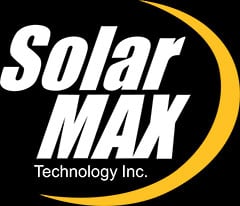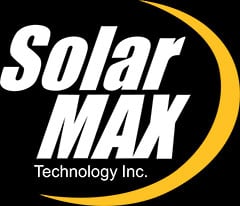On August 3 the U.S. Environmental Protection Agency released the final version of its Clean Power Plan, which has solar energy advocates celebrating. The plan, which aims to phase out coal-fired power plants in favor of low or zero-emission sources, encourages states to utilize wind and solar growth over nuclear and natural gas, as they are completely non-emitting.
States are given flexibility in how they adapt their energy programs to cut emissions, which bodes well for solar. The Clean Power Plan comes at a time when solar generation is already building momentum and can boast a proven track record. The cost of solar panels has plummeted during the last five years, and is expected to continue to fall another 40 percent by 2017, according to Deutsche Bank. The improved cost-effectiveness has allowed solar grow, proving it is deployable and effective. A recent report from Greentech Media Research predicts 55 gigawatts of solar will be installed globally in 2015, up 36 percent from the previous year. This trend suggests solar could see the most explosive growth from the Clean Power Program.
"In today's marketplace the best compliance option for states and utilities is clearly solar," says Sean Gallagher, vice president of state affairs for the Solar Energy Industries Association. "It can be deployed quickly, cost-effectively, reliably and at any scale from small rooftops to large solar power plants."
While the plan does not speak directly to how solar deployment should take place, participation works like this: states can switch from coal to natural gas, nuclear, wind or solar, or enact carbon pricing. They must submit their plans by 2016 or ask for an extension to 2018, but they have to start cutting those emissions by 2022 at the latest to reach the broader U.S. goal of a 32 percent reduction by 2030.
For more information about solar energy, including residential solar panel installation, contact us today.
To receive a free solar consultation, click HERE.




